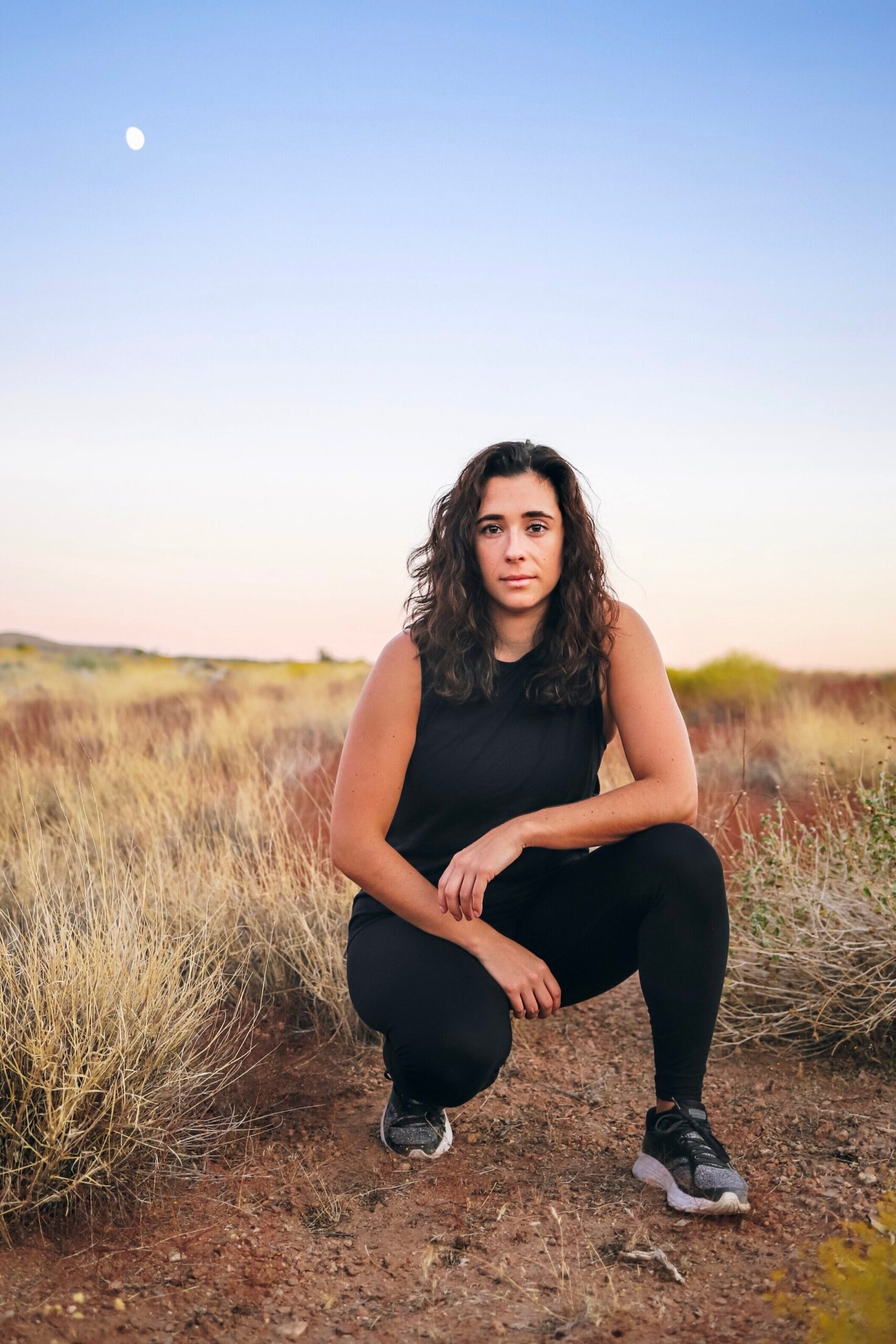It’s the end of National Eating Disorder Awareness Week, so I wanted to give you a glimpse into some of my thoughts and experiences at times when my disordered eating was at its worst.
It was my 3rd year (and final year) competing on the US national team. We were headed to Junior Worlds that summer, a dream I had had since I started synchro (now known as artistic swimming). That year, I was also good enough to be selected as the alternate for the duet squad (a major honor). But before that could become official, I had to meet with the coaches to talk. “You just don’t look very…fit this year. And to compete against the Russians, to compete against the world, we need to be fit.” My stomach dropped…I was skilled enough, they showed me I was by even considering me for the position! But I didn’t look the part. And my appearance mattered more than any skill level I possessed.

I had 8 weeks to get “fit”. So I cut out all carbs. No fruit. No pasta. No bread. You get the picture. At the time, I falsely believed carbs made you fat. So instead of using them for fuel, I kicked carbs to the curb. And that was while practicing for 8 hours a day (not a joke or exaggeration). One day during our lunch break from training, I grabbed some celery and decided, I’m just so hungry, I’ll put some peanut butter on it. Peanut butter isn’t a carb, so I should be fine, right? It won’t “ruin” all my progress. As I went to grab the peanut butter, I was asked by a team staff member “Are you sure you need that peanut butter”? Crap, they are right! I don’t need it! PB is fat! It’ll just make me fat (another false belief)! No more PB.
It got to a point where the hunger pains became too much to bear, so I turned to coffee. Coffee was low calorie, it suppressed my appetite. Perfect. Each morning with my hard boiled eggs, I downed 3-4 cups of coffee just to curb the hunger during practice. It also had a laxative effect. Even better, I thought. I lost over 20 pounds that summer, and the praise I received for my transformation was unreal. Little did they know, their praise was only fueling my disordered habits. I was starving my body from essential nutrients, using coffee as a laxative, and lived in constant fear I would cave to my hunger one day.
My disordered eating ebbed and flowed and it followed me into college and throughout the duration of my athletic career. During one of the first practices after tryouts my freshman year, I remember our coach sitting us down and saying “if you don’t look good in the suit (swim suit), you don’t swim”. I was a freshman, on scholarship, on the “A” team. You better believe I was going to prove I deserved to be there and swim! So I ramped up my efforts. No carbs (because it worked so well when I was on the national team) and extra workouts. That’s right. I worked out BEFORE our 4-hour 6 am practices. And sometimes, I would workout again after my 3-hour gen chem lab at night. There were days I worked out more hours than I would sleep…
To be honest, I look back at how I was driving my body into the ground and I’m shocked it didn’t completely give out on me. But the impact of under fueling eventually caught up with me and my metabolism rebelled in an effort to protect its vital functions. Cutting carbs no longer produced the same results, and my sophomore year, I was faced with a conversation I was all too familiar with: “you just don’t look…fit”. I cried. I felt like I was trying everything possible under the sun to be as “fit” as I possibly could.
So I reluctantly went to the sports dietitian available to us (so ironic don’t I know it). And you know what she told me? Eat more. IS SHE OUT OF HER MIND? That was what I thought. I thought she was crazy. Was she trying to sabotage my efforts? I’m trying to keep my spot on the team, not lose it for being too fat to be a synchronized swimmer (which is not a thing but I whole-heartedly believed it was my entire career). Clearly, she didn’t understand. At least, that’s what my disordered beliefs told me. She doesn’t know, I thought. When she did know, she absolutely did. I know that now, and looking back, I wish I would have taken her advice. Hindsight is 20/20.
Those last few years of my career, I felt trapped. I couldn’t eat any less. I couldn’t work out anymore. I was skipping breakfast and avoiding water on days where we were weighed and “pinched” with a desperate hope that the scale and body fat calipers would show some signs of “improvement” to validate my efforts.
So HOW would I become “fit”? Truth is, I wouldn’t. At least not fit per the standards set forward by the culture of my sport. I spent the rest of my career fighting against my body. Eating less, working out more. Nothing worked. I now know my body was just trying to protect me. But that didn’t help me at the moment.
And the thing was, I didn’t “look” like I had a problem. I actually “looked” like I ate more rather than less. I wasn’t incredibly lean or emaciated in appearance. My body had stopped losing weight when I cut carbs. The lower my calories went, it seemed like the scale just went higher. Thing is, looks don’t show eating disorders. Looks don’t show what someone is struggling with. You can’t tell a person’s relationship with food-based off of their body.
I didn’t look like an athlete. And I didn’t look like I had a problem with eating. But I was an athlete, and I battled disordered eating for the majority of my career.
After being retired for almost 5 years, I found a place of health and peace with my body and food. The struggle for recovery is just that, a true struggle. But it’s worth every bit of it to finally live in FREEDOM. Don’t give up.
